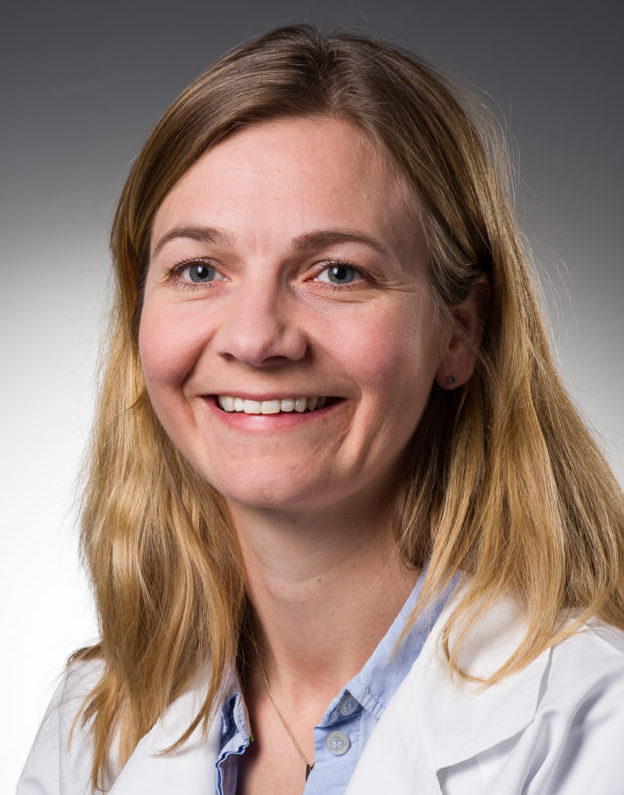Braathen group: Molecular immunology and vaccine development

Group leader
Our research group`s main goal is to better understand basic molecular and cellular adaptive immunology, and to translate this knowledge into improved vaccines and treatments against infectious diseases and cancer.
The research pursues four main themes:
- Vaccines targeting antigen presenting cells (APCs). By targeting vaccines to the activator of the immune system, the APCs, it is possible to enhance vaccine efficacy and to induce stronger antigen-specific immune responses. In addition, targeting different types of APCs, such as different subtypes of dendritic cells (DCs), may affect the nature of the immune response. Depending on the DC subtype that is targeted, stronger antibody responses or T cell responses can be induced. Our group is currently exploring DNA vaccines, RNA vaccines and protein vaccines in mouse models for infectious diseases like influenza, and malaria, as well as for multiple myeloma.
- Design of novel vaccine formats to improve the efficiency of APC-targeted vaccines. Influenza as well as COVID-19 are infectious diseases caused by viruses that changes over time. Novel immune-focusing vaccines are explored to improve the induction of neutralizing antibody responses, and of broadly protective immunity.
- To understand the collaboration between the T and B cells in the development of autoimmunity and B cell lymphomas, but also during protection against multiple myeloma.
- Development of cancer neoepitope-specific vaccines against multiple myeloma.
